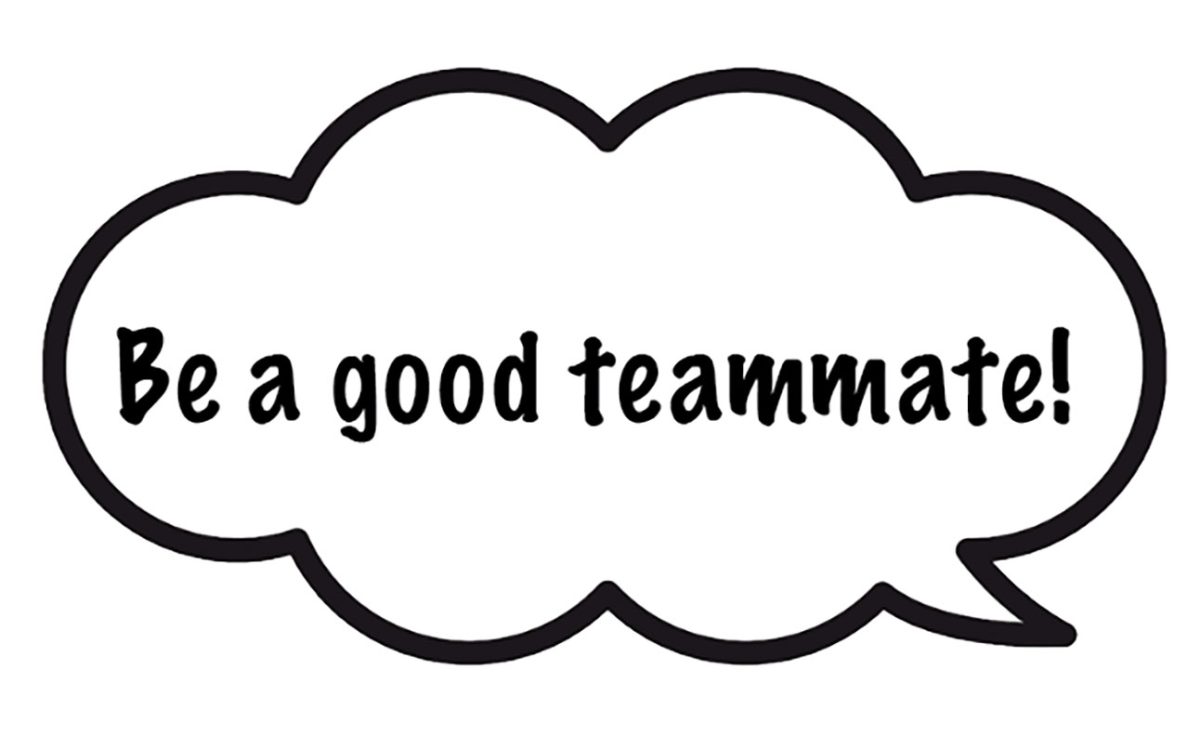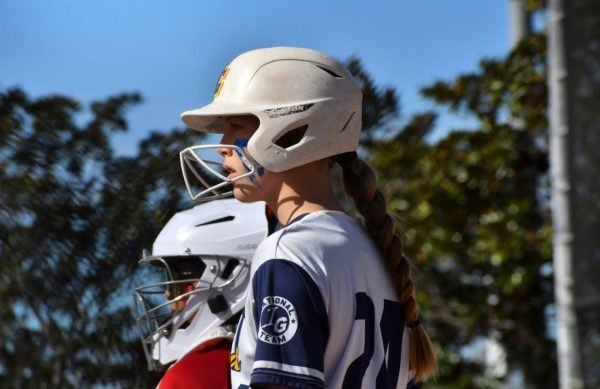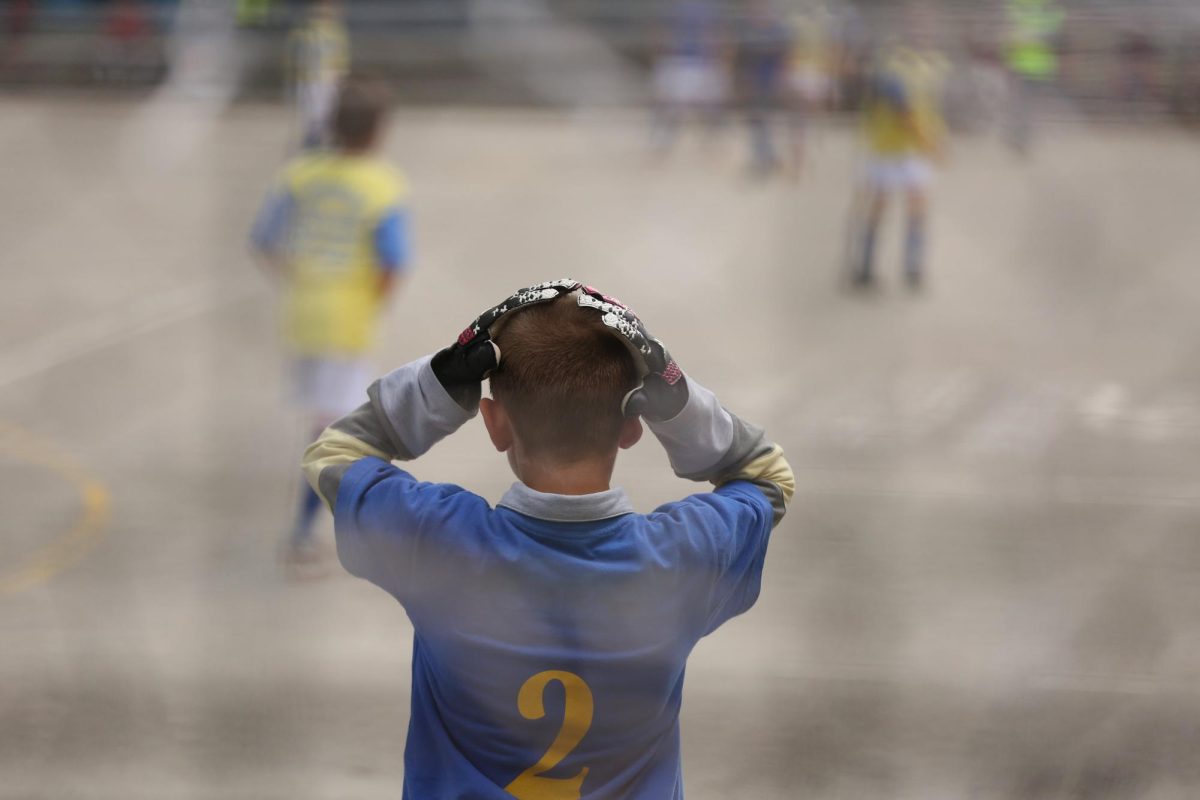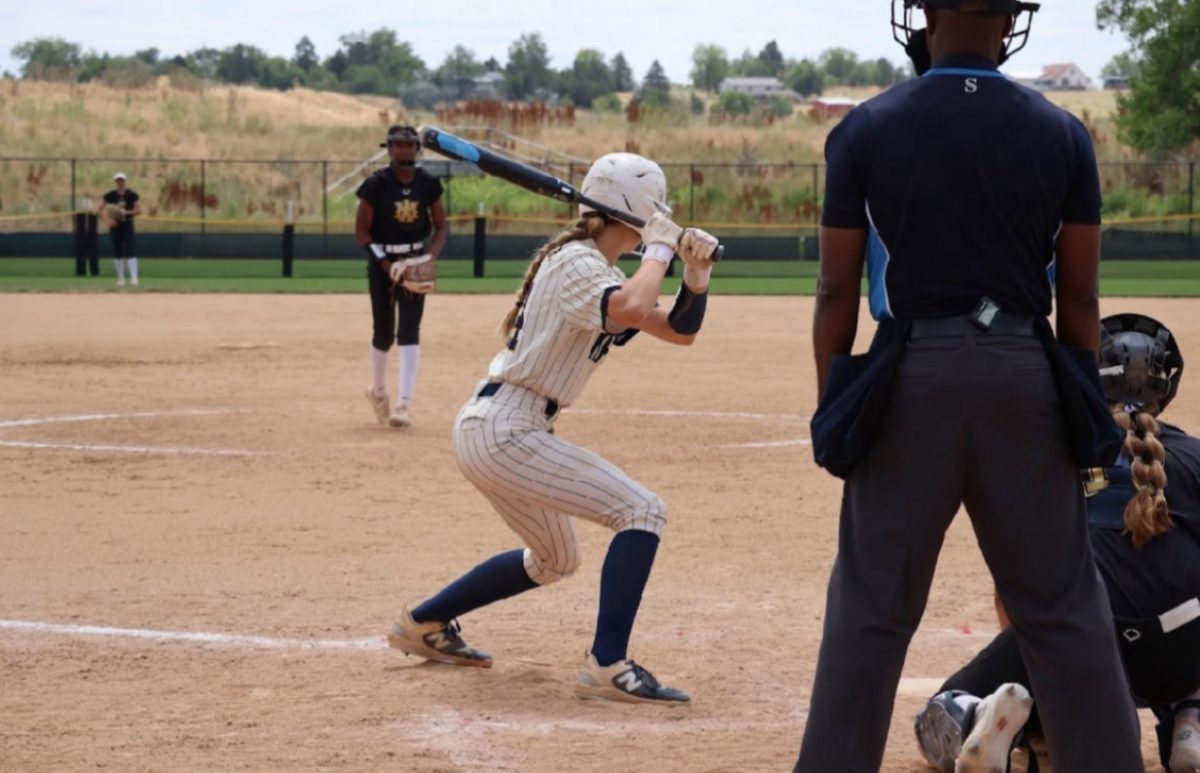“Be a good teammate.”
This is something my dad always says to everyone he coaches. The words seem simple, but to a coach, and to the players on a team, these words carry so much weight.
I have carried these words with me as I have progressed in my career in sports, and I continue to be inspired by these words as a leader on my team.
A player who is a good teammate first, will be an effective leader of a team on and off the field.
I believe that as I have learned to be the best teammate I can be, I have also learned how to become a strong leader.
So, exactly what does my father mean when he says, “Be a good teammate”?
Being a good teammate means working hard for yourself and for your team. Working on my skills will not only help me become the best player I can be, but it also ensures that I am doing my part to help the team be its best.
Without question, when I improve my skills, it helps the team, but as a leader, my work ethic serves as an example for my team. It shows them my dedication and respect for them and for the sport we love. Through my efforts, they know that I will never ask them to do more than I am willing to do myself.
Working hard together helps to create the chemistry that is so important to the team’s improvement and success.
Selflessness is a huge part of being a good teammate. It is about putting other people before yourself. To be selfless in softball is to do things for the greater good of the team.
That might mean giving up your at-bat by sacrificing so that a runner can score or move into scoring position. Being selfless might also mean finding the energy and spirit to cheer on your team and support your teammates after getting out, or keeping your head up after committing an error.
A good teammate and a good leader will set aside their own discomforts, anger, and frustrations in order to raise team morale. If you are a good leader, the team will look up to you and do the same.
Demonstrating good sportsmanship is another important part of being a good teammate. In my experience playing sports, there have been a lot of times when umpires and officials have been treated poorly, often getting yelled at by coaches, parents, or sometimes even players.
The good teammate models fair play and respect on and off the field.
I try to lead by example, respecting umpires’ calls even when disagreeing with them. My dad also taught me to introduce myself to all the umpires I play with, so it is more personal and respectful.
A good teammate should make sure that nothing like bad calls, coaching decisions, or teammates attitudes and effort determine whether the team wins or loses. Part of good sportsmanship also includes knowing how to be a gracious winner. It is about respecting your opponents and trying not to let competitiveness get in the way of fair play.
After a win, a good teammate resists the need to taunt, over-celebrate, or brag. Good teammates do not allow trash talk and disrespect to become part of the team culture.
Likewise, being a good loser is also a part of sportsmanship. A good teammate encourages teammates after a tough loss. Teams win together and lose together. There should be no assignment of blame. Words like, “You shouldn’t have chased that pitch.” or “You made too many mental errors on defense.” have no place in a team environment.
Finally, a good teammate, and therefore, a good leader must have a positive attitude. This is a super important quality in leadership because it affects how the team plays.
Sports psychologists agree that having a good attitude can lead to enhanced confidence, reduced anxiety, greater resilience, and improved performance.
A good teammate models this positive attitude, helping to keep the team focused, motivated, and mentally tough.
Teams with positive attitudes stand proudly with their heads up and have confidence in themselves.
Being a good leader starts with being a good teammate. For me, it is the most important part of playing softball, or any sport.







